After 10 years living in Saigon, Ms. Kim Youn Kyoung still maintains the tradition of ordering song pyeon cakes to give to friends every Mid-Autumn Festival, just like in her home country of Korea.
Ms. Kyoung said that for Koreans, song pyeon, made from glutinous rice flour and filled with mung beans, red beans or black sesame, is an indispensable dish during Chu Seok (Mid-Autumn Festival).
Chu Seok is a Korean Thanksgiving to celebrate a bountiful harvest and family reunions. During this holiday, people return to their hometowns to visit their ancestors’ graves and prepare offerings, and some places organize folk games. Before the holiday, people often give each other gifts, which can be song pyeon, ginseng, beef, or fruit, foods that the recipient can use during the week.

Song pyeon cake made by Kim Youn Kyoung at home in District 7, Ho Chi Minh City, on the morning of September 28. Photo: Ngoc Ngan
The first year she came to Ho Chi Minh City with her family, Youn Kyoung felt very surprised and disappointed when she saw that during the Mid-Autumn Festival, everyone still worked as usual, while in her hometown, people would have three to four days off to go home. People had to rush to buy train tickets in the spring or summer to hope to go home on time.
In Korea, family members gather two days before the ceremony to soak beans, make song pyeon, and prepare a tray of 20 different foods. The meal usually lasts three to four hours, allowing children and grandparents to chat.
Youn Kyoung said that a decade of living in Vietnam has made her simplify the rituals, lightening the burden by half. Every year on this occasion, she only sends gifts and calls to congratulate friends. Because of her busy business, her family of four only cooks a simple meal of fish, kimchi, soybean paste and various soups to eat together on the night of the Mid-Autumn Festival. They have song pyeon, steamed mung bean cakes, for dessert and drink tea.
"We want to spend the Mid-Autumn Festival peacefully and gently," said Youn Kyoung.
Kim Youn Kyoung lives in Phu My Hung urban area, District 7 - where there are many compatriots. In Ho Chi Minh City, Thao Dien ward, Thu Duc city, and some high-end apartment buildings in District 2 also have many Koreans living. These areas are called "Korean quarters". According to statistics from the Ho Chi Minh City Union of Friendship Organizations, the Korean community in the city is about 90,000 people.
Since the end of the seventh lunar month every year, restaurants and department stores in these areas have begun to decorate with mid-autumn lanterns. Professor Kim Byong Sun, a lecturer at the Korean Studies Department at the University of Social Sciences and Humanities in Ho Chi Minh City, said that the Korean community living in Vietnam is mostly small families or single people. Chu Seok is not considered a holiday in Vietnam, so they do not have the habit of returning to Korea to visit relatives. "In Vietnam, Koreans still maintain some traditional customs but have simplified them a lot," the professor said.
Last week, Mr. Kim Byong Sun and his wife attended a cake-making class at a Korean-Vietnamese school. Children learned how to knead dough, make fillings, shape and steam song pyeon. They sang a few traditional songs and enjoyed the cakes. The professor has two sons who live in Ireland and England, but he did not forget to call his parents to ask about Chu Seok. According to the plan, on the night of the Mid-Autumn Festival, he and his wife will have dinner at a restaurant in District 1, Ho Chi Minh City with a few friends.

Mr. Kim Byong Sun (left cover) and his wife and fellow countrymen gathered to eat and drink before the Mid-Autumn Festival in Thu Duc City, Ho Chi Minh City, September 25. Photo: Ngoc Ngan
Some Koreans enjoy the Mid-Autumn Festival in Vietnamese style, like Oh Min Seok (24 years old), who has been here for a year. The Vietnamese studies student said he was particularly impressed with the Mid-Autumn Festival atmosphere in District 5, Ho Chi Minh City. He and eight Korean friends took a bus to visit the lantern street on Luong Nhu Hoc Street. They joined the crowd and bought a few bamboo lanterns to decorate their study corner. "I was surprised by the hustle and bustle of the streets, laughter everywhere," Min Seok said.
The Busan native explained that if you happen to be stuck in a big city in Korea like Seoul during the Mid-Autumn Festival, you will feel extremely lonely because everyone has gone back to their hometowns. Train and subway tickets are sold out, main roads are empty and alleys are deserted.
But in Vietnam, he saw the opposite. The Mid-Autumn atmosphere was awakened by the shops selling cakes on the sidewalks, the cafes decorated with lanterns and the girls taking pictures of the Mid-Autumn Festival with miniature landscapes in the center of District 1, Ho Chi Minh City.
This atmosphere makes international students like Min Seok feel warm. This year, he chose to enjoy Vietnamese mooncakes instead of buying song pyeon in Koreatown. Some of his friends said the cakes were too sweet for Korean tastes, but the international student still felt that they were "quite tasty".

Kim Dong Hwan (left cover) and his wife had a family reunion meal in Daegu City, South Korea, January 2023. Photo: Provided by the character.
Kim Dong Hwan (41 years old), who works for a Korean company in Thu Duc City, said he only realized Chu Seok was coming when his fellow countrymen in the office greeted each other. According to Vietnamese culture, the company still works through the holiday and does not send gifts to employees like in Korea.
He met a Vietnamese woman in 2018 and often celebrated the Mid-Autumn Festival in his wife's hometown. They didn't have enough time and it was difficult to find Korean ingredients to cook, so they just ate together.
However, this is still the time of year when he thinks about his family the most because of the family reunion culture. The Daegu native spent his childhood with his grandmother, often helping her cook rice and make rice cakes.
After her death, the family of seven still kept this tradition. Kim Dong Hwan said that on the Mid-Autumn Festival, he would make a video call to meet his family. They would take turns wishing each other health and happiness. Dong Hwan's parents would share memories with their children.
"Family affection is the most important thing, it makes me feel warm even though I'm far from home," Dong Hwan said.
Ngoc Ngan
Vnexpress.net


![[Photo] Prime Minister Pham Minh Chinh receives CEO of Standard Chartered Group](https://vstatic.vietnam.vn/vietnam/resource/IMAGE/2025/4/2/125507ba412d4ebfb091fa7ddb936b3b)

![[Photo] Prime Minister Pham Minh Chinh receives Deputy Prime Minister of the Republic of Belarus Anatoly Sivak](https://vstatic.vietnam.vn/vietnam/resource/IMAGE/2025/4/2/79cdb685820a45868602e2fa576977a0)
![[Photo] Comrade Khamtay Siphandone - a leader who contributed to fostering Vietnam-Laos relations](https://vstatic.vietnam.vn/vietnam/resource/IMAGE/2025/4/3/3d83ed2d26e2426fabd41862661dfff2)
![[Photo] Special relics at the Vietnam Military History Museum associated with the heroic April 30th](https://vstatic.vietnam.vn/vietnam/resource/IMAGE/2025/4/3/a49d65b17b804e398de42bc2caba8368)

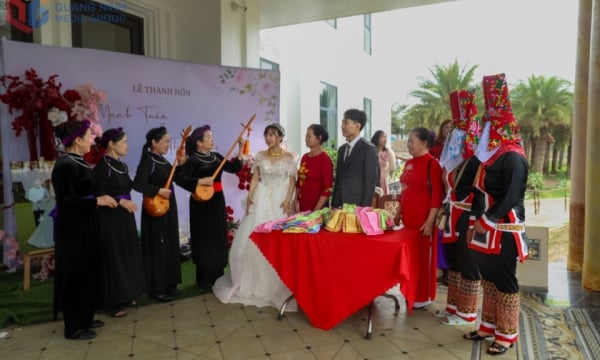

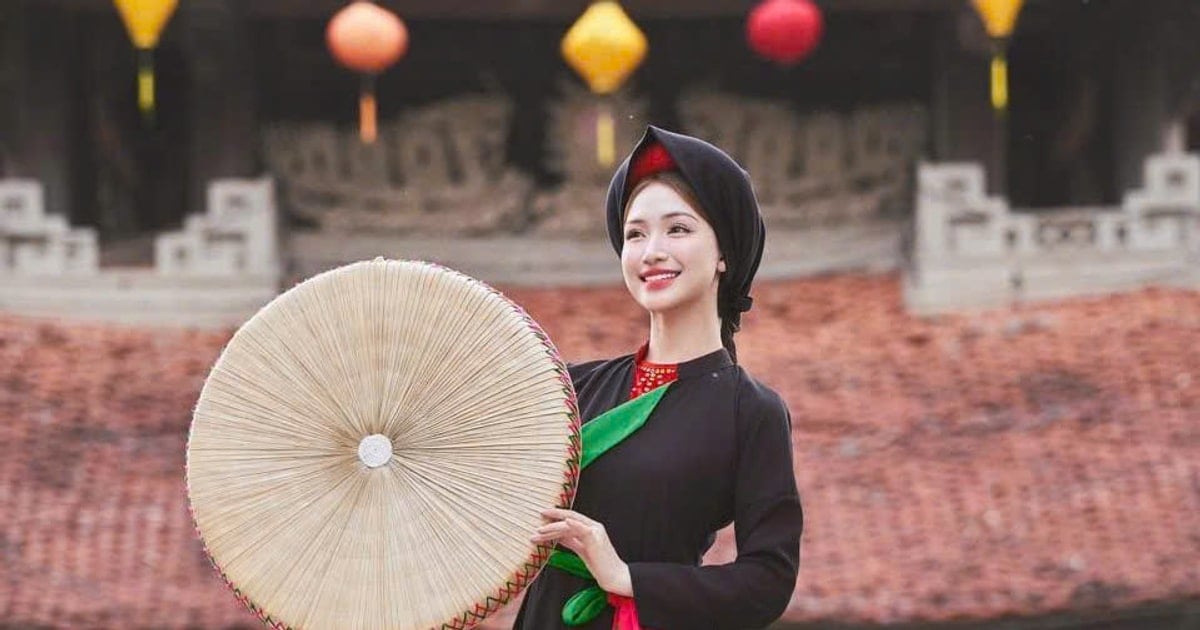

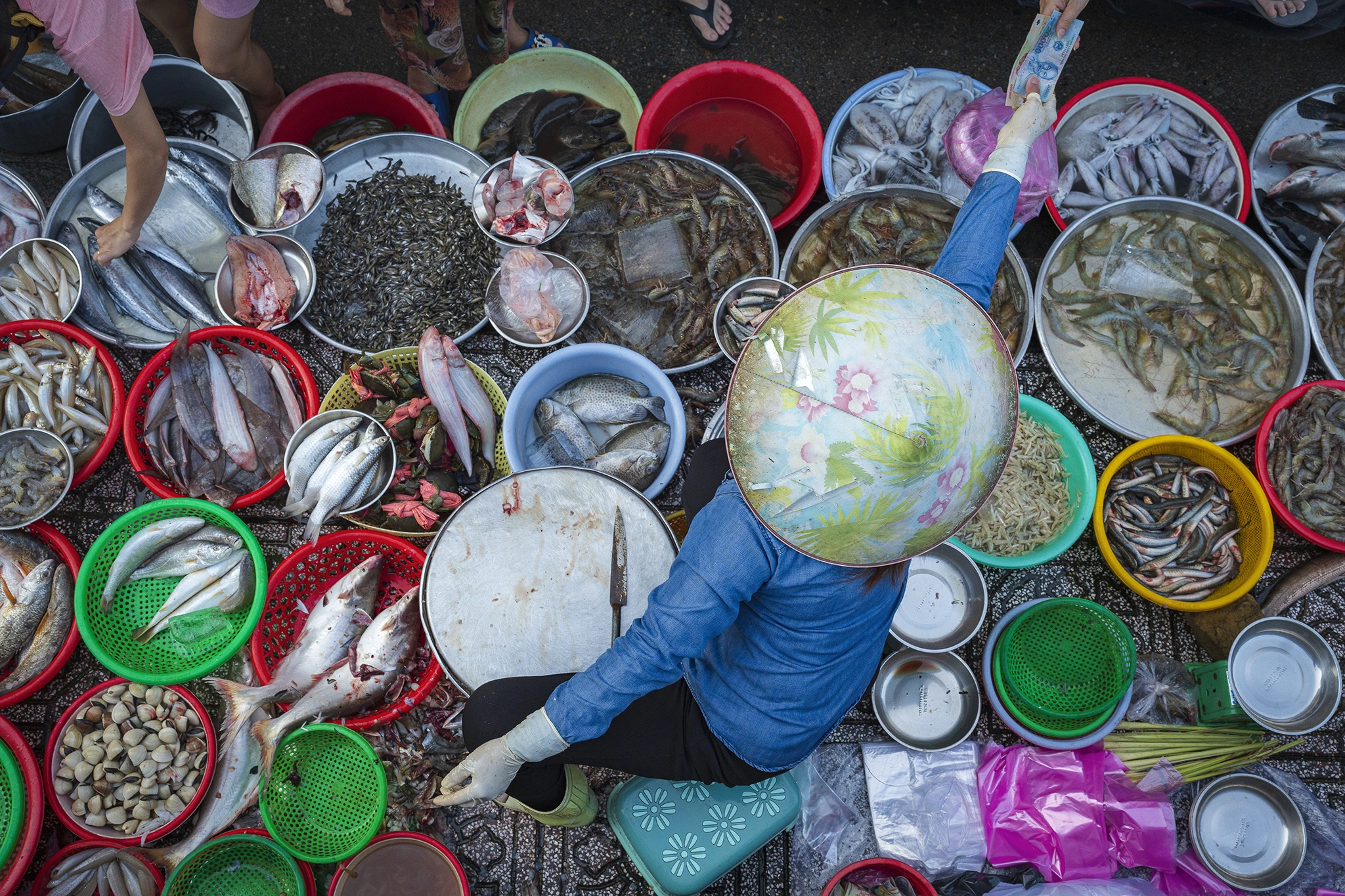

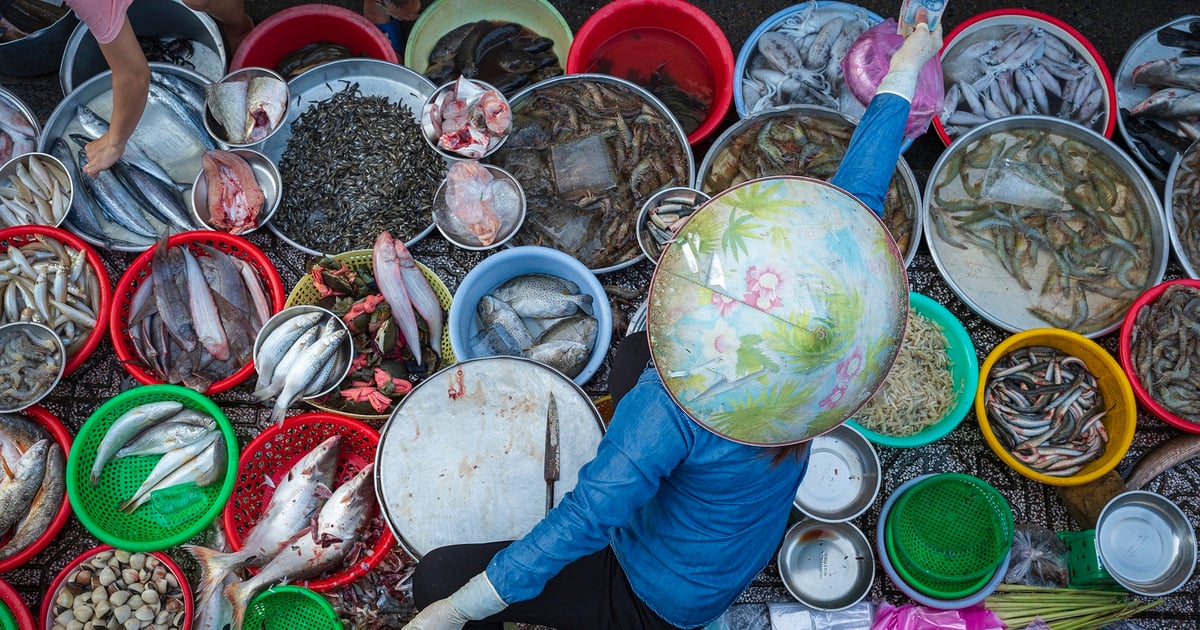
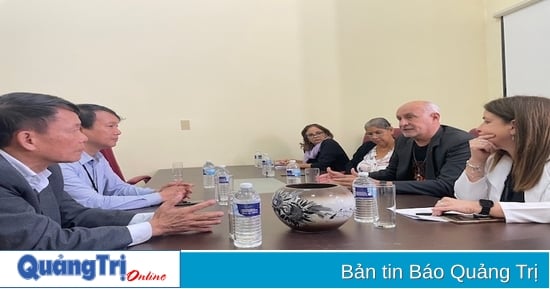

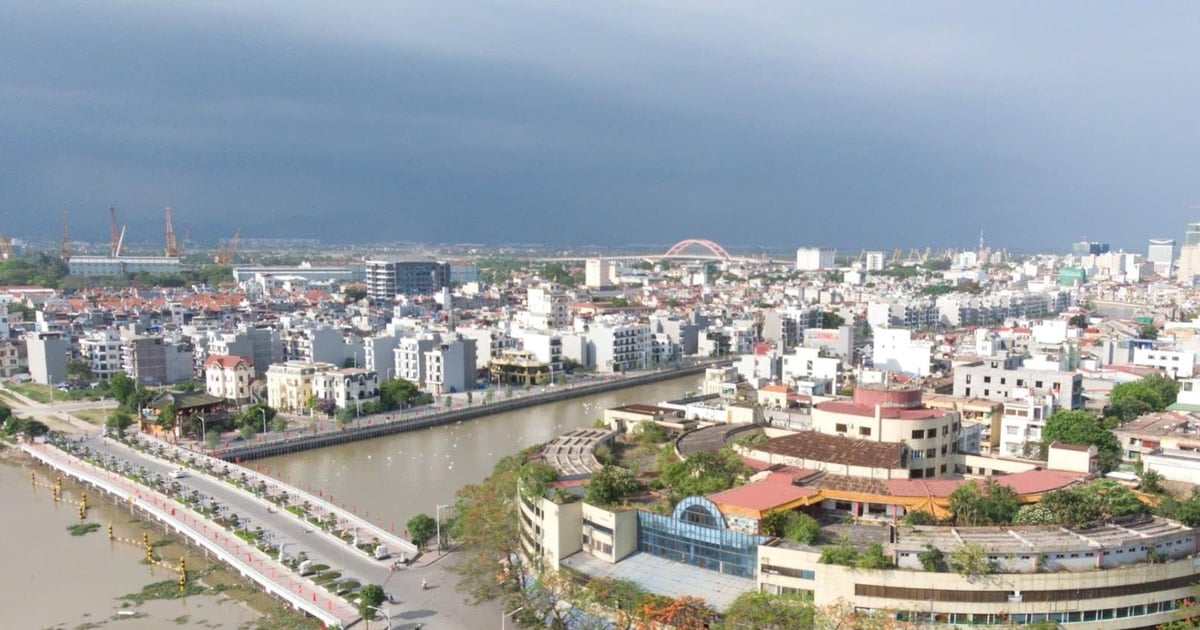
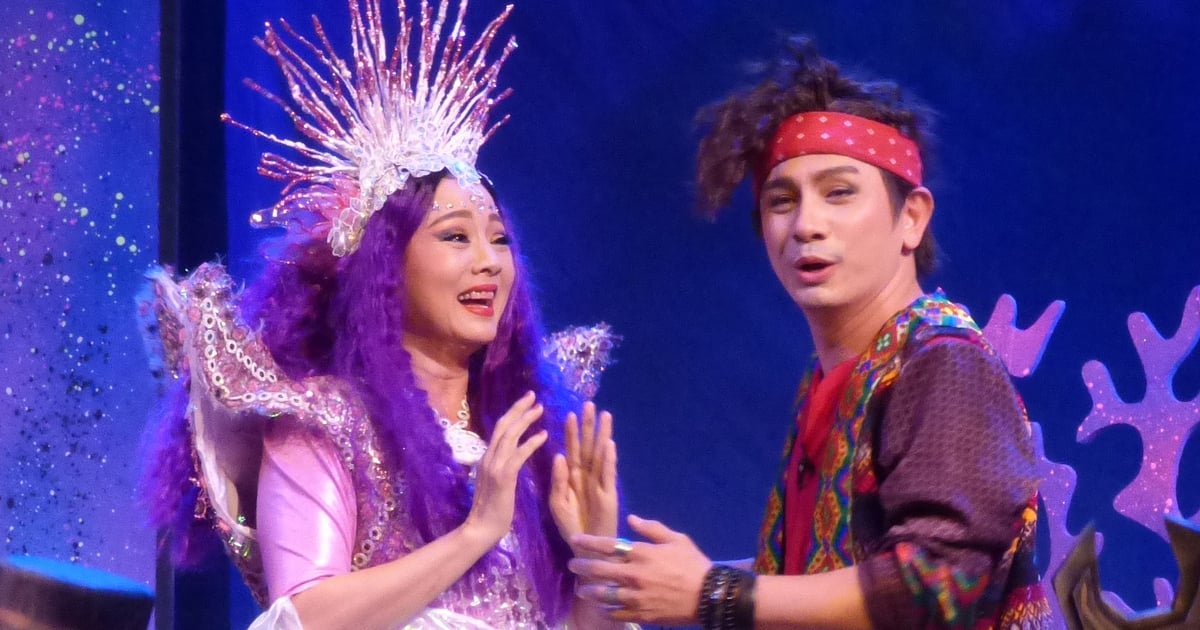
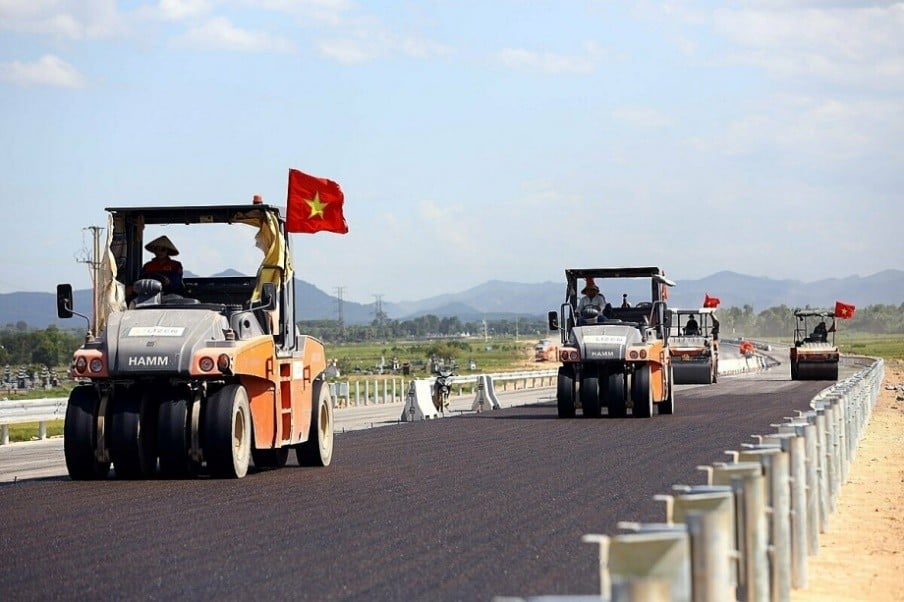
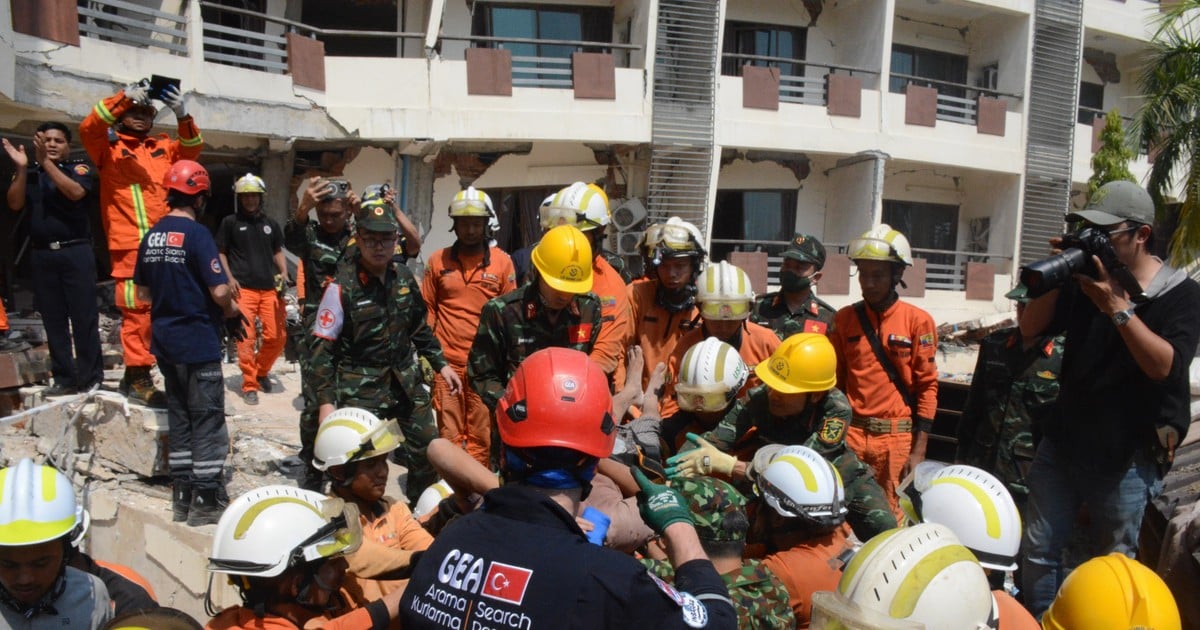
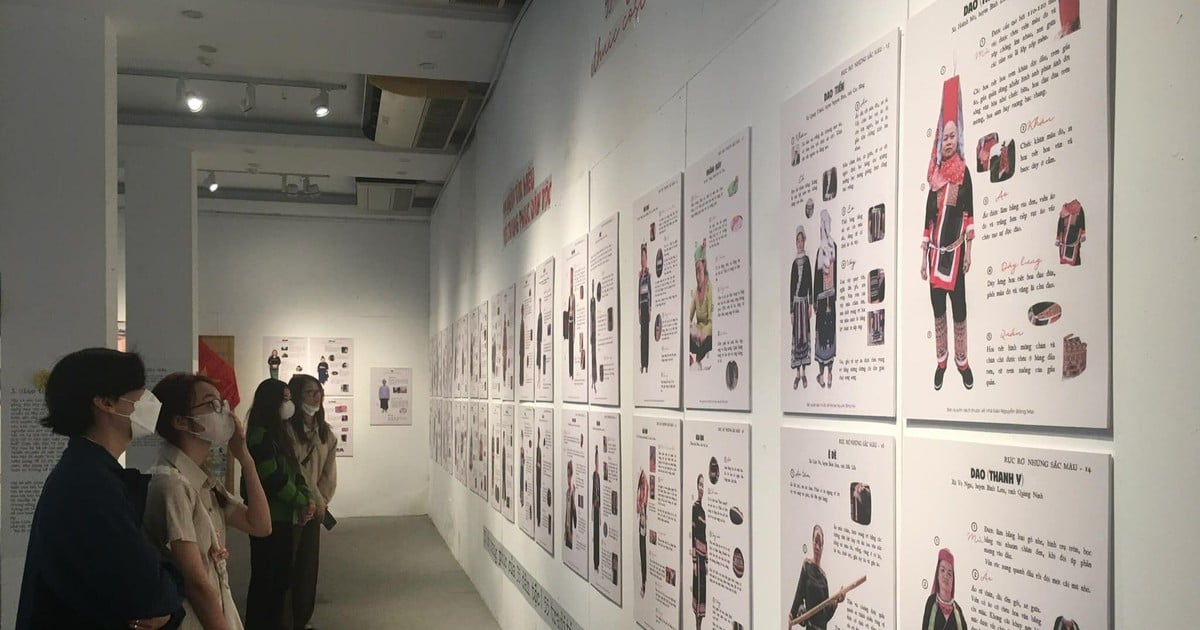
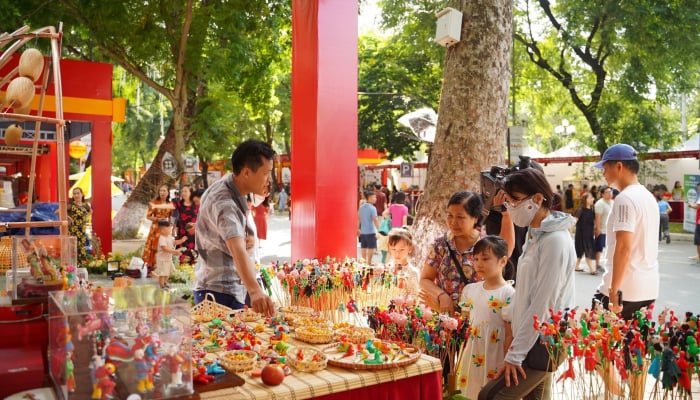
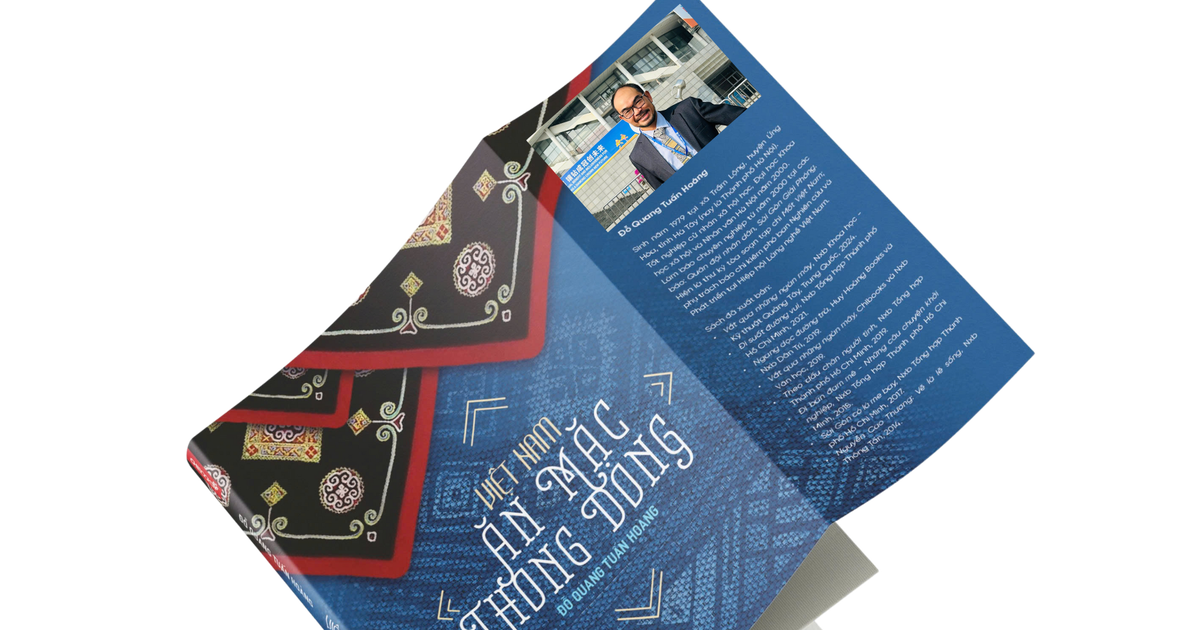







































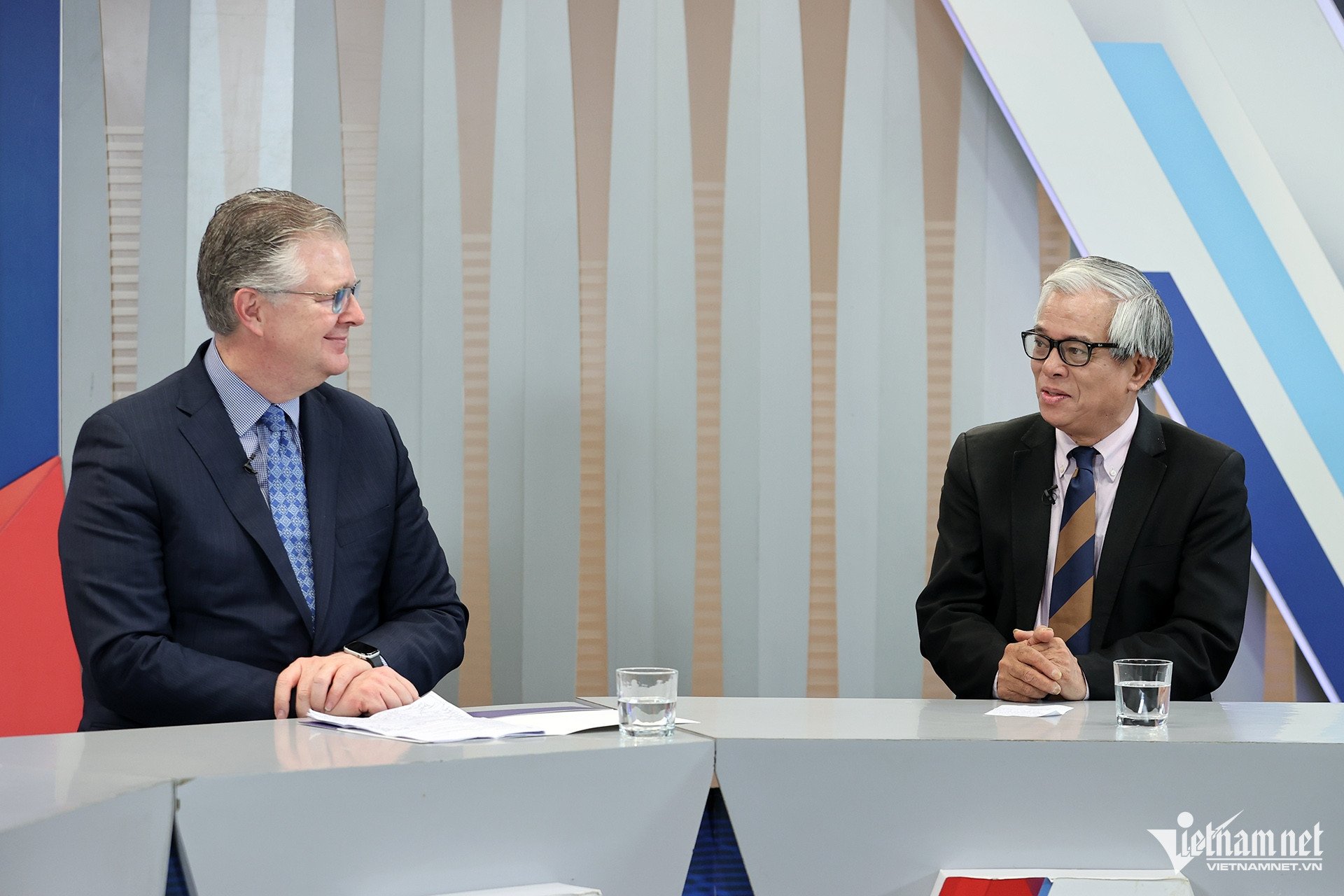

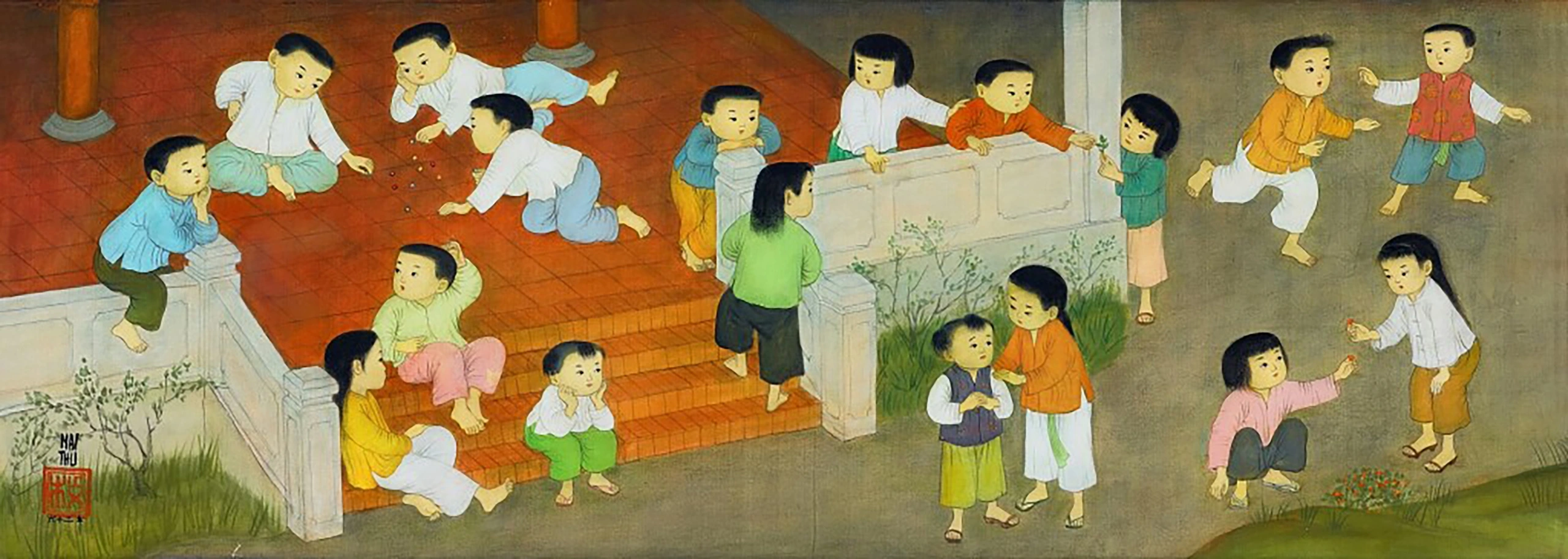
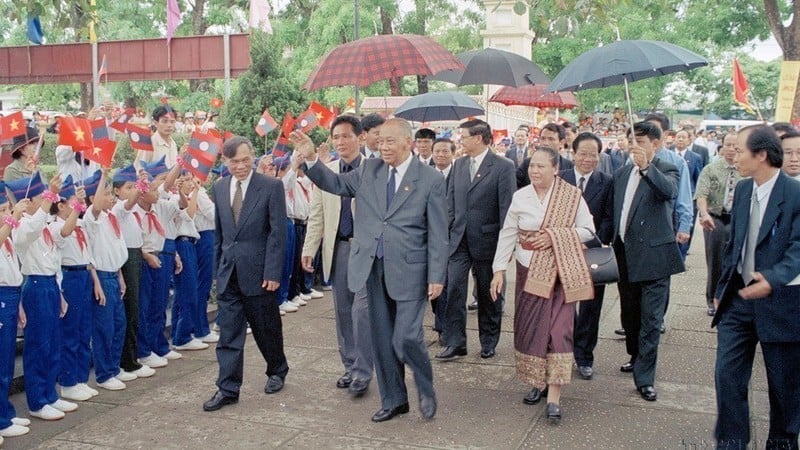
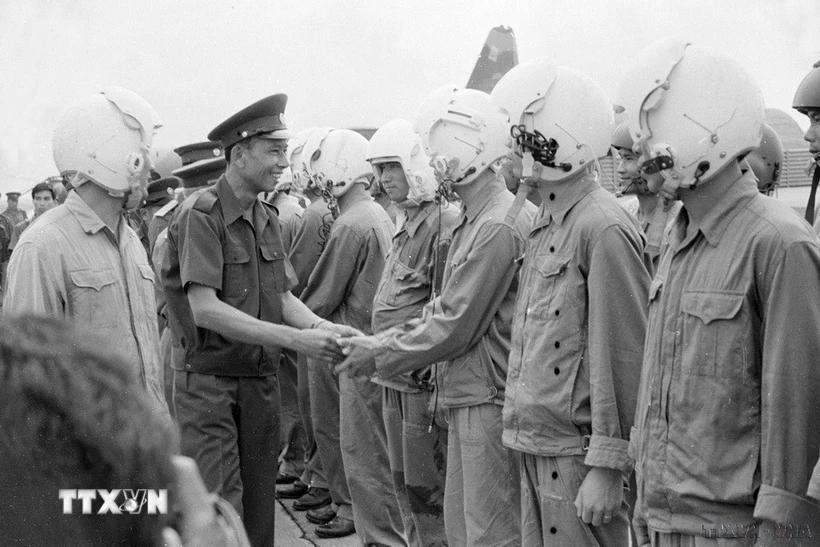

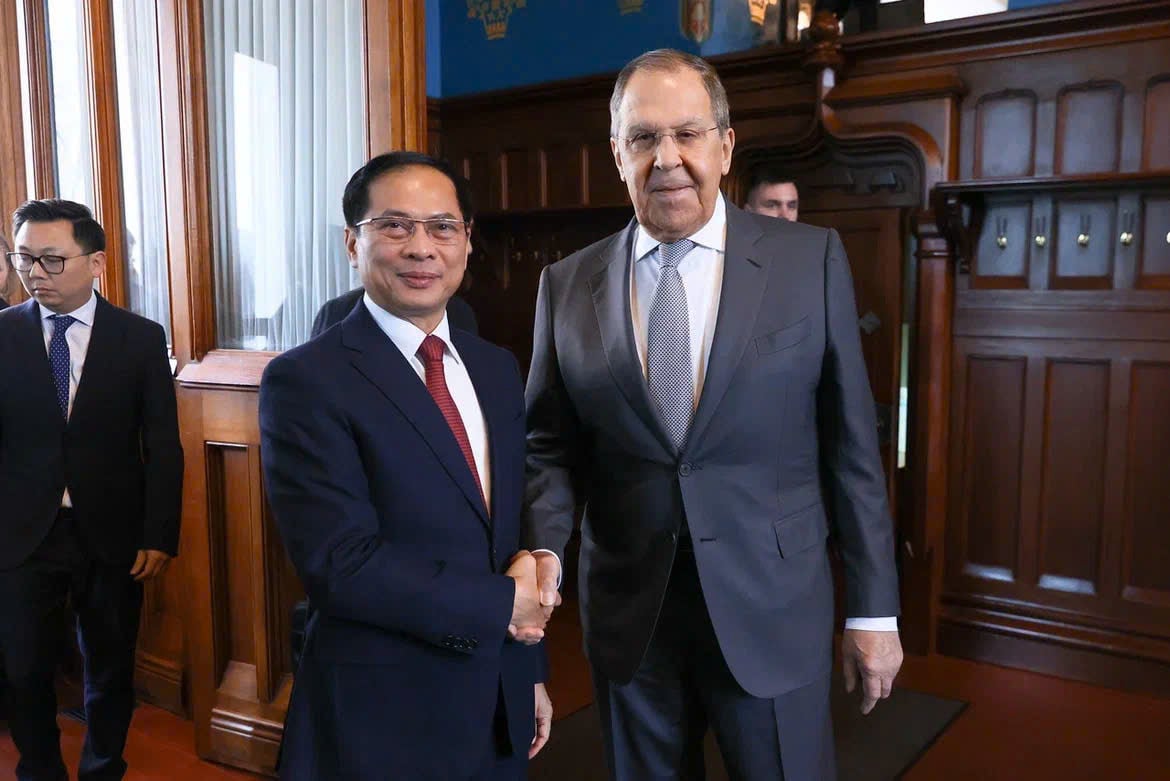











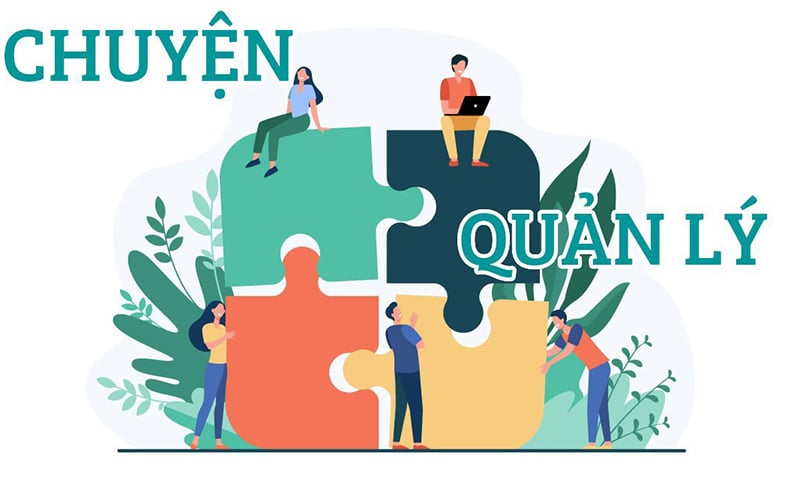
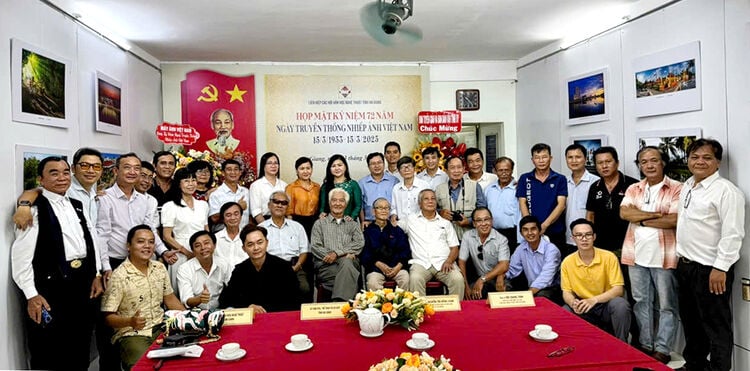
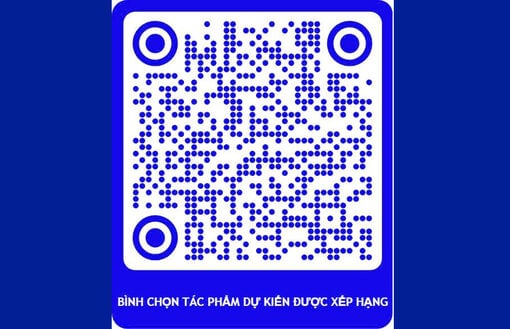
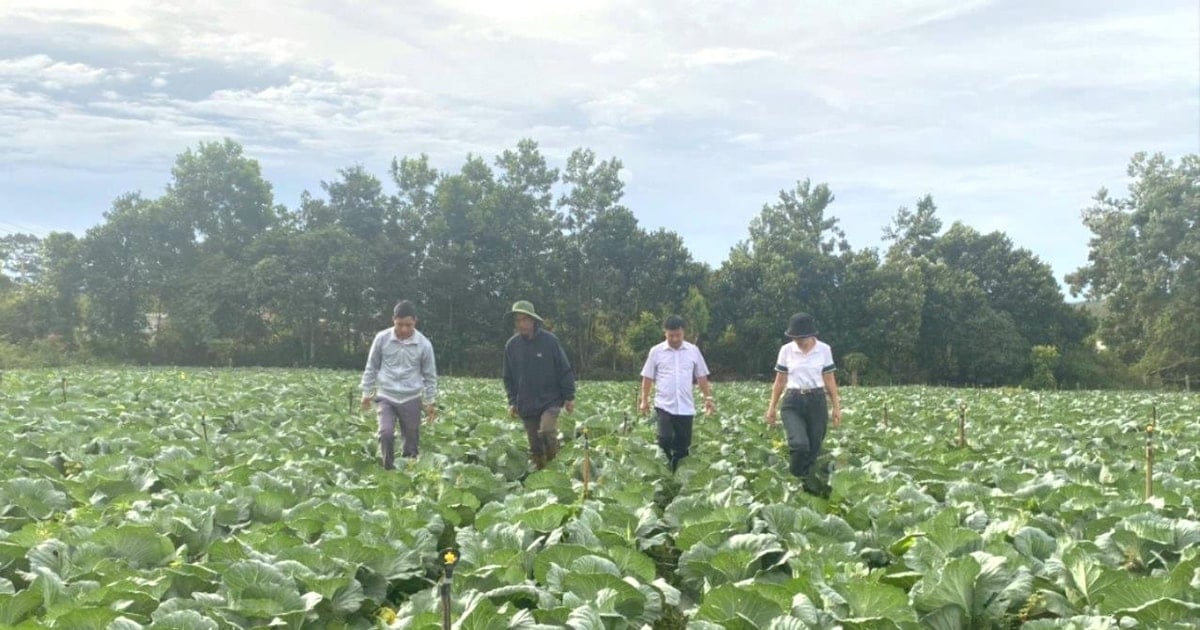














Comment (0)